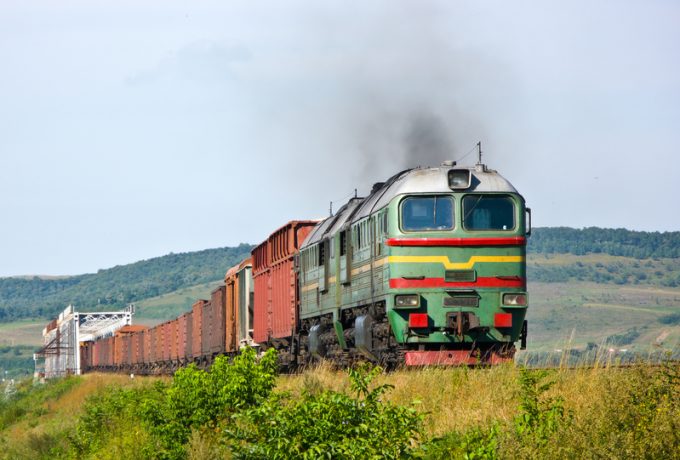EU shippers fear for business as their boxes stack up in Russia
While trade sanctions against Russia following its invasion of Ukraine in 2022 have been well-documented, ...

LTG Cargo, the cargo arm of Lithuania’s national railway (Lietuvos Gelezinkeliai), has restarted grain export activities out of Ukraine through its local subsidiary.
The move will allow exports of Ukrainian products through Poland, circumventing Russian-allied Belarus.
Over the weekend, Ukraine’s deputy foreign minister, Dmytro Senik, told Reuters there were some 30 million tonnes of grain stored in silos in Ukraine since the blockade of its Black Sea ports by Russia.
LTG Cargo Ukraine CEO Saulius Stasiūnas said: “This reopening allows us to contribute to even ...
'Disastrous' DSV-Schenker merger would 'disrupt European haulage market'
New senior management for DSV as it readies for DB Schenker takeover
Volumes set to 'fall off a cliff' as US firms hit the brakes on sourcing and bookings
Asian exporters scramble for ships and boxes to beat 90-day tariff pause
Amazon pushes into LTL for small package fulfilment and UPS does a u-turn
Temporary tariff relief brings on early transpacific peak season
Pre-tariff rush of goods from US to China sees air rates soar, but not for long
Forwarders 'allowing the fox into the chicken run' by supporting 'hungry' carriers

Comment on this article